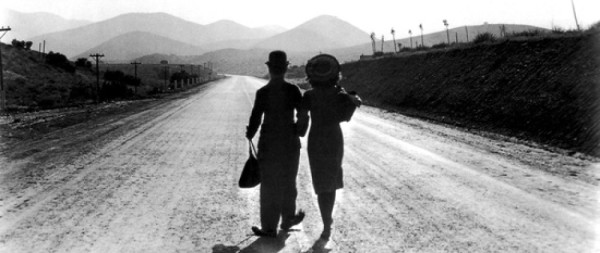Barry Lyndon
Directed by Stanley Kubrick
Written by Stanley Kubrick from the novel by William Makepeace Thackeray
1975/UK/US
IMDb page
First viewing/Amazon Prime rental
One of 1001 Movies You Must See Before You Die
End Title card: EPILOGUE: It was in the reign of George III that the aforesaid personages lived and quarreled; good or bad, handsome or ugly, rich or poor they are all equal now.
Kubrick’s sumptuous production of 18th Century Europe is a must-see.
Richmond Barry (Ryan O’Neal) is an Irish young man of humble origins who lives with his widowed mother in the countryside. He is having a romance with his cousin Nora. But Nora’s family is deeply in debt and is trying to marry her off to a British officer of fortune. Nora does not appear to mind. The alway reckless Barry challenges the officer to a duel which he appears to win. He is shipped off to Dublin to avoid the law carrying his mother’s life savings. Barry is promptly stripped of this plus his horse and firearms by highwaymen.

Barry’s best remaining option is joining the English army which is fighting the Seven Years War. He is not cut out to be a soldier and takes the opportunity to desert when he is able to pilfer the uniform of an officer. He travels through Europe in this guise pretending to be carrying a dispatch to a British General. His ruse is quickly seen through by a Prussian captain and Barry is forced to enlist in the Prussian army. His fortune changes when he saves the captain’s life. He is then sent on a mission to spy on the Chevalier du Balibari, whom the Prussians believe to be a spy. But Balibari is actually an Irishman and the two become friends and fellow card sharks.
After a few years of cheating his way through Europe, Barry decides he is ready for the high life and sets upon seducing Lady Lyndon (Marisa Berenson), the wife of an extremely wealthy elderly English aristocrat. Fortune smiles of Barry when the Lord promptly dies and his wedding to the widow soon follows. With the widow, comes her young son Lord Bullington (Leon Vitali). Soon the pair have a son of their own whom they name Bryan.

Barry treats his wife like so much furniture and cruelly whips Lord Bullington for any indiscretion. Bullington grows to hate Barry heartily. Barry occupies the next several years with lavish purchases, gambling, and debauchery. The only love in his heart seems to be for his son Bryan. Barry richly deserves a comeuppance and will get a devastating one.

Every aspect of this movie is exquisitely beautiful. John Alcott’s cinematography, done using mostly natural light, is stunning. The story is interesting and well-told, though I wish Kubrick had picked up the pace a bit. Ryan O’Neal’s acting is very good but he seems oddly miscast to me. His flat American accent is jarring in this context. That said, every movie-lover should make a point of seeing this splendid production. Highly recommended.
Barry Lyndon won Oscars in the categories of Best Cinematorgraphy; Best Art Direction-Set Decoration; Best Costume Design; and Best Music, Scoring Original Song Score and/or Adaptation. It was nominated in the categories of Best Picture; Best Director; and Best Writing, Screenplay Adapted From Other Material.
Re-release trailer
Clip































